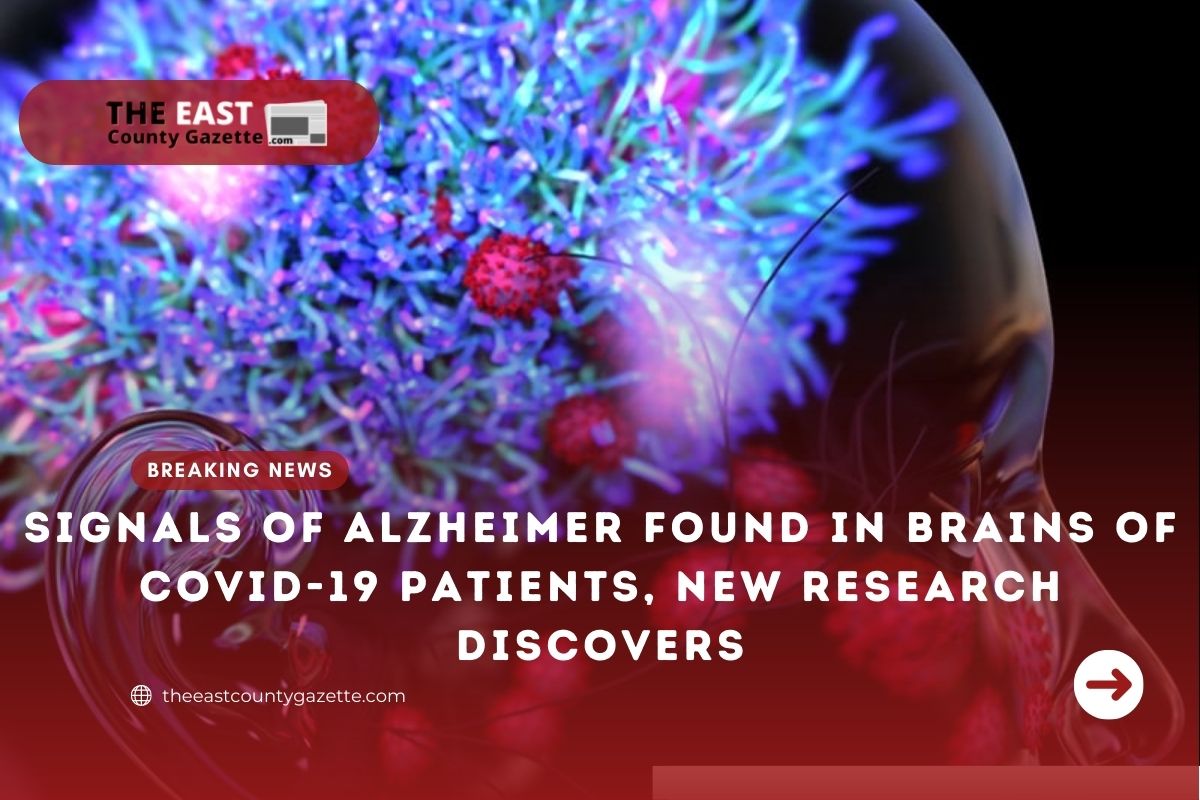According to new research, Alzheimer’s-like signaling has been found in the brains of COVID-19 patients.
The study was published in Alzheimer association under the title “Alzheimer’s-like signaling in brains of COVID-19 patients.”.
Researchers such as Steve Reiken, Leah Sittenfeld, Haikel Dridi, Yang Liu, Xiaoping Liu, and Andrew R. Marks made the study.
Researchers found a link between SARS-CoV-2 infection and activation of TGF-β signaling and oxidative stress in the study, Alz Journals reported.
The researchers found that in COVID-19 patients, the neuropathological pathways that cause tau hyperphosphorylation, typically associated with Alzheimer’s disease (AD), are also activated.
RyR2 was found to exhibit a “leaky” phenotype in COVID-19 brains, which contributes to cognitive and behavioral deficits.
Based on the results of the study, SARS-CoV-2 infection appears to activate inflammatory signaling pathways and oxidative stress pathways, resulting in tau hyperphosphorylation, though amyloid precursor protein (APP) processing appears normal in the cortex and cerebellum of COVID-19 patients.
In their study, the researchers suggested that the altered dynamics of cellular calcium resulting from leaky RyR2 in COVID-19 brains are also associated with neuropathological pathways in AD brains.

